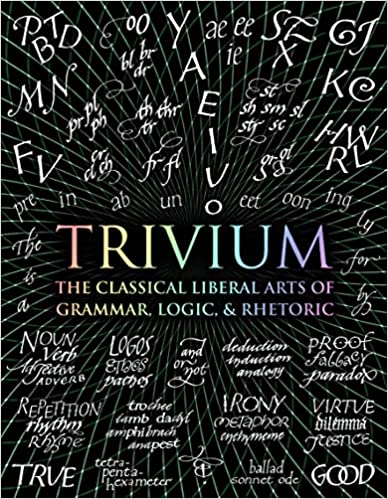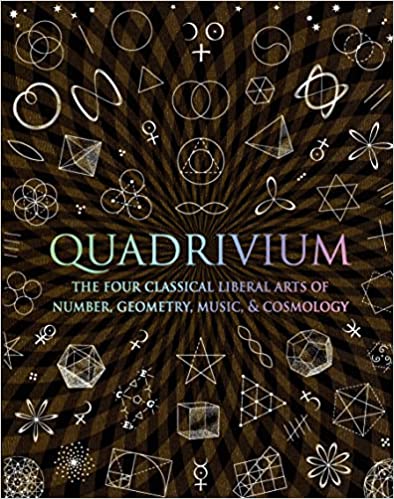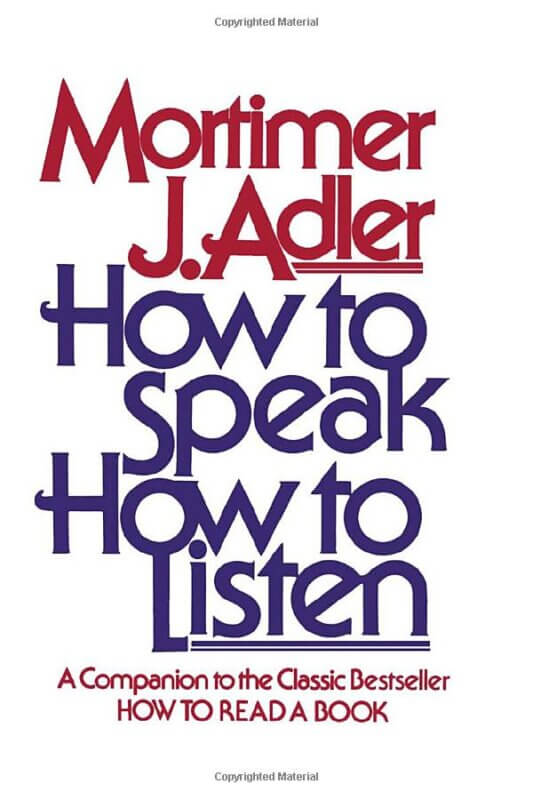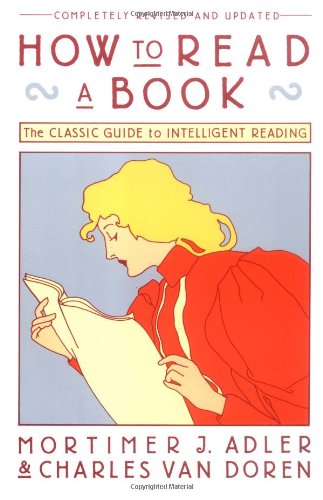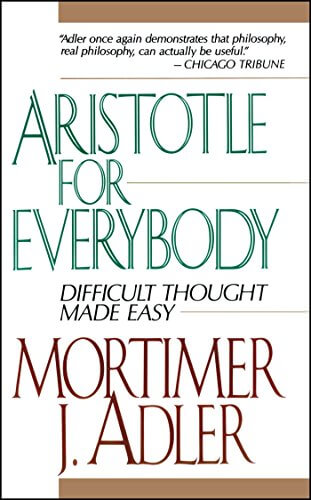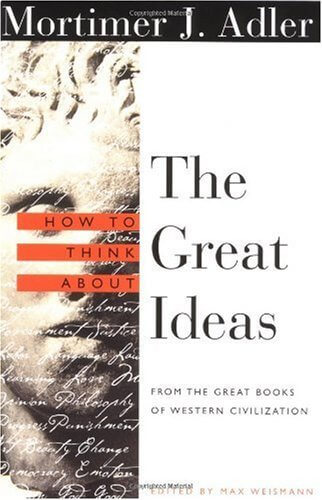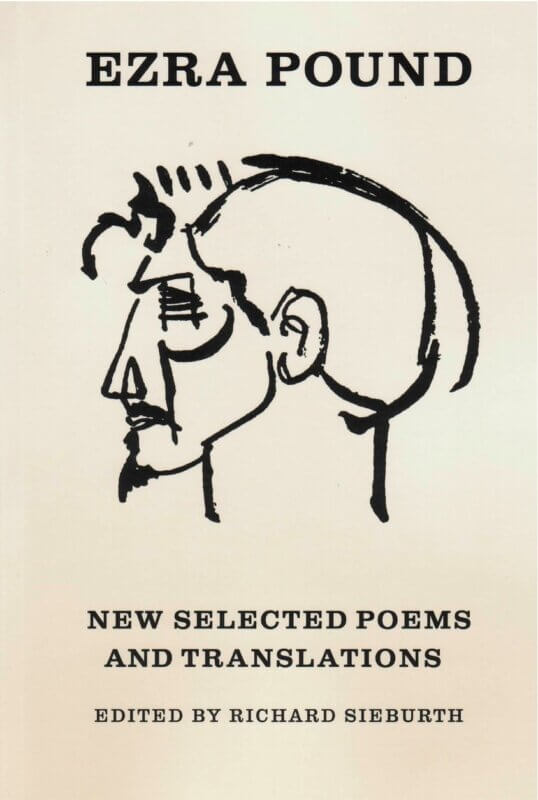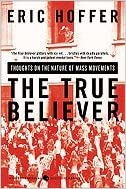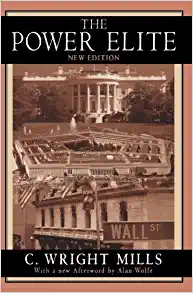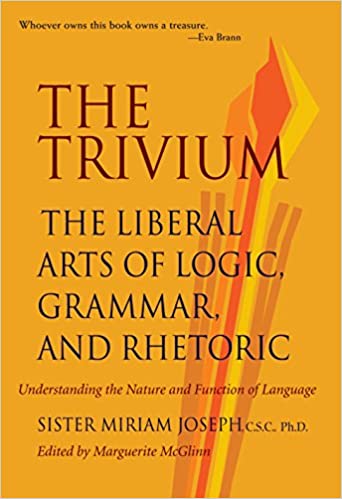
Who sets language policy today? Who made whom the grammar doctor? Lacking the equivalent of l'Académie française, we English speakers must find our own way looking for guidance or vindication in source after source. McGuffey's Readers introduced nineteenth-century students to "correct" English. Strunk and White's Elements of Style and William Safire's column, "On Language," provide help on diction and syntax to contemporary writers and speakers. Sister Miriam Joseph's book, The Trivium: The Liberal Arts of Logic, Grammar, and Rhetoric, invites the reader into a deeper understanding—one that includes rules, definitions, and guidelines, but whose ultimate end is to transform the reader into a liberal artist.
A liberal artist seeks the perfection of the human faculties. The liberal artist begins with the language arts, the trivium, which is the basis of all learning because it teaches the tools for reading, writing, speaking, and listening. Thinking underlies all these activities. Many readers will recognize elements of this book: parts of speech, syntax, propositions, syllogisms, enthymemes, logical fallacies, scientific method, figures of speech, rhetorical technique, and poetics. The Trivium, however, presents these elements within a philosophy of language that connects thought, expression, and reality.
"Trivium" means the crossroads where the three branches of language meet. In the Middle Ages and the Renaissance, students studied and mastered this integrated view of language. Regrettably, modern language teaching keeps the parts without the vision of the whole. Inspired by the possibility of helping students "acquire mastery over the tools of learning" Sister Miriam Joseph and other teachers at Saint Mary's College designed and taught a course on the trivium for all first year students. The Trivium resulted from that noble endeavor.
The liberal artist travels in good company. Sister Miriam Joseph frequently cites passages from William Shakespeare, John Milton, Plato, the Bible, Homer, and other great writers. The Paul Dry Books edition of The Trivium provides new graphics and notes to make the book accessible to today's readers. Sister Miriam Joseph told her first audience that "the function of the trivium is the training of the mind for the study of matter and spirit, which constitute the sum of reality. The fruit of education is culture, which Mathew Arnold defined as 'the knowledge of ourselves and the world.'" May this noble endeavor lead many to that end.


